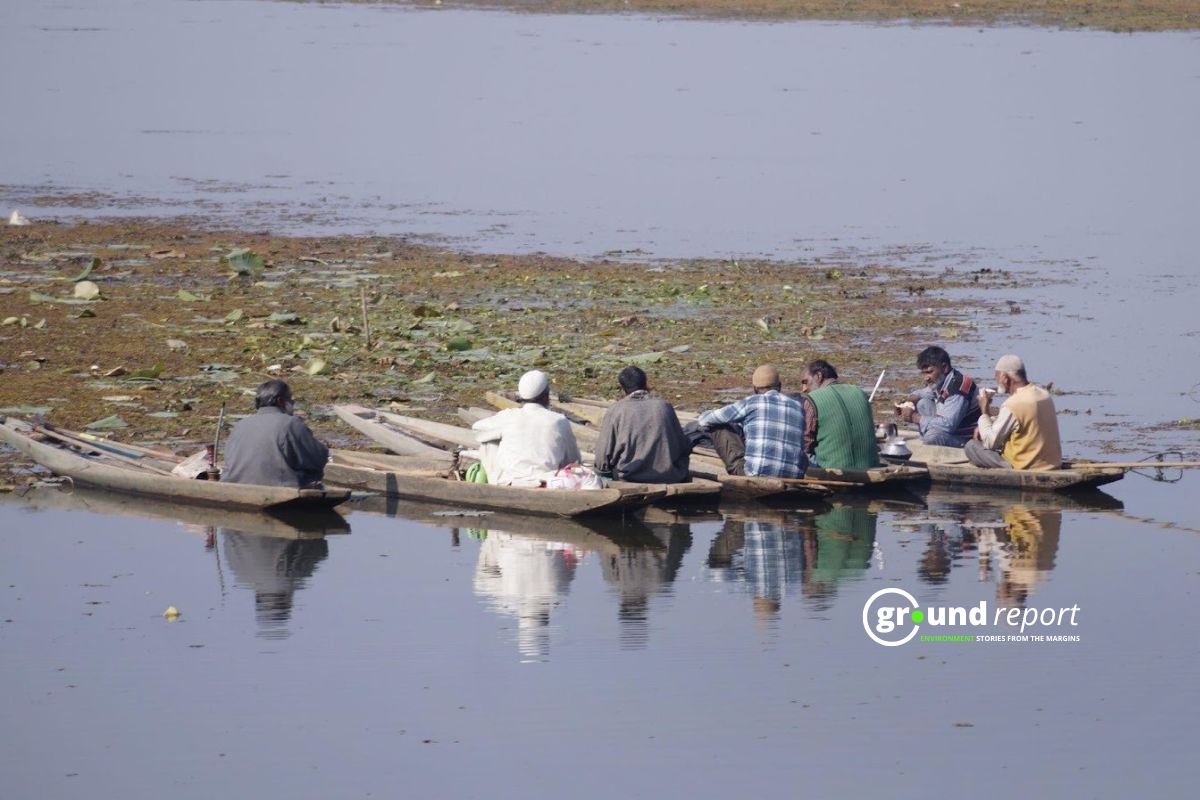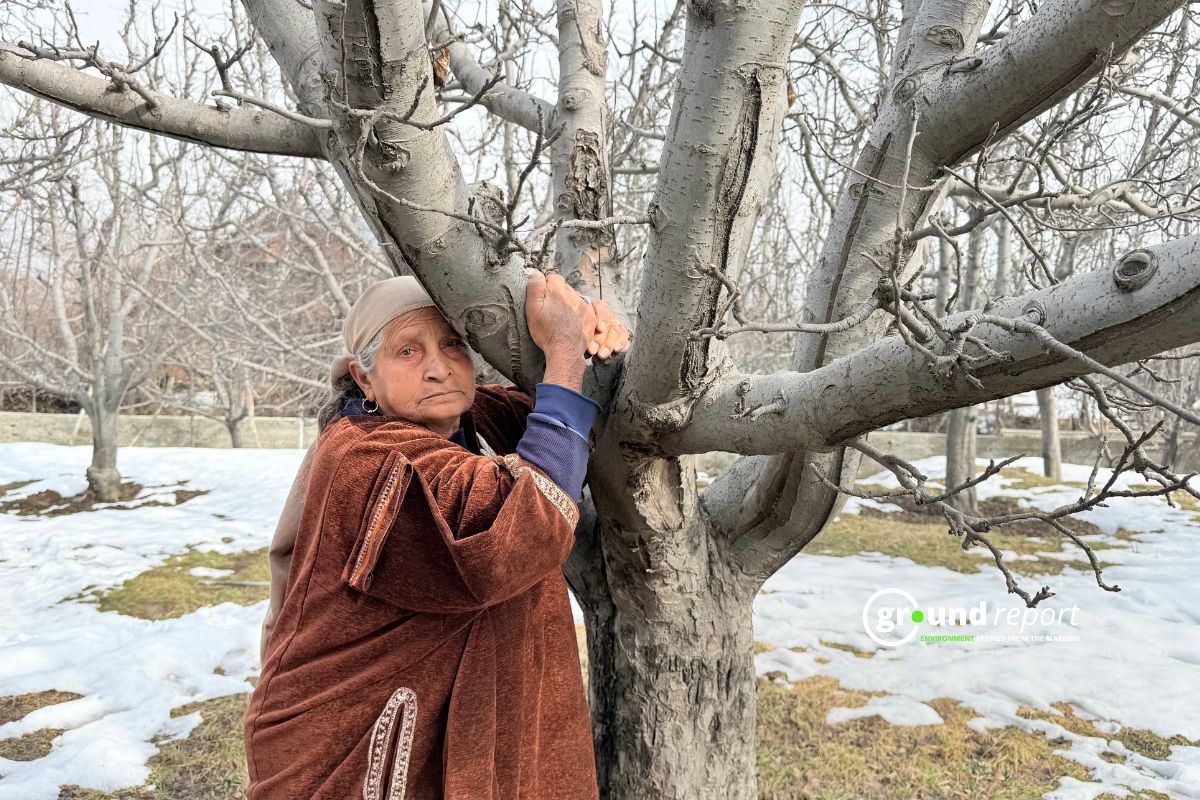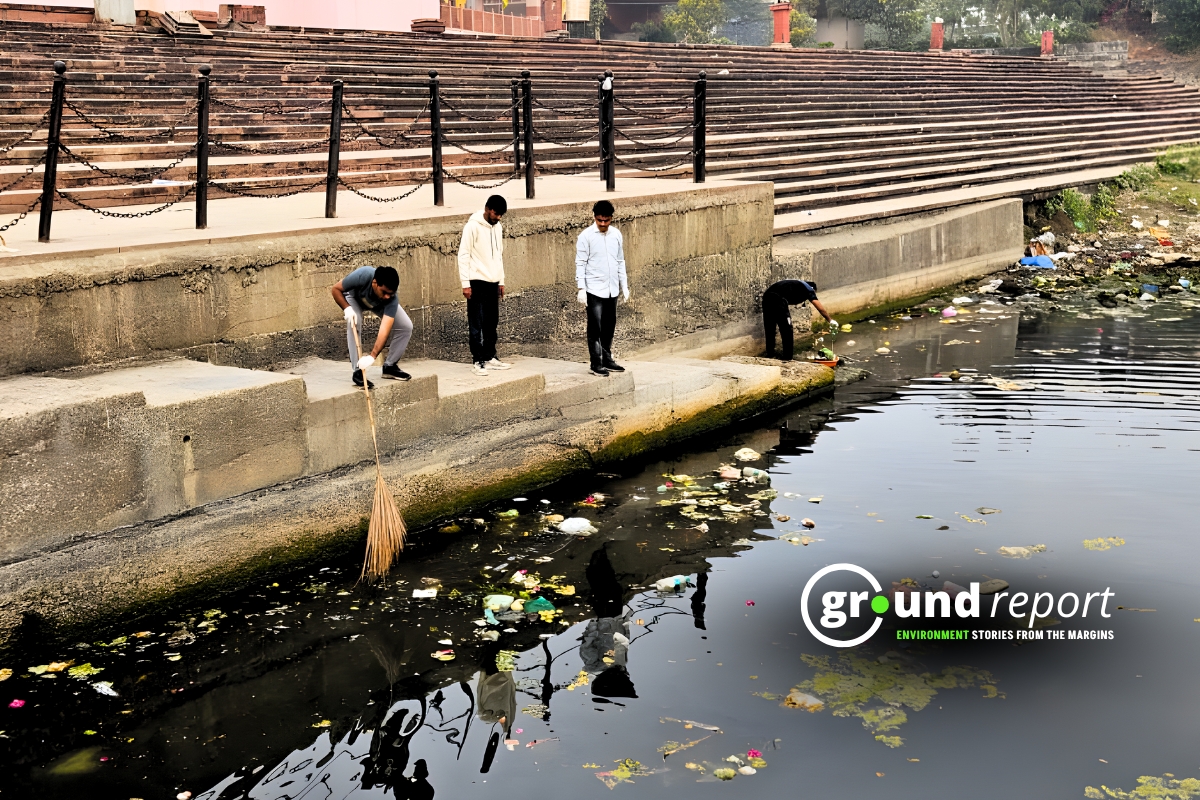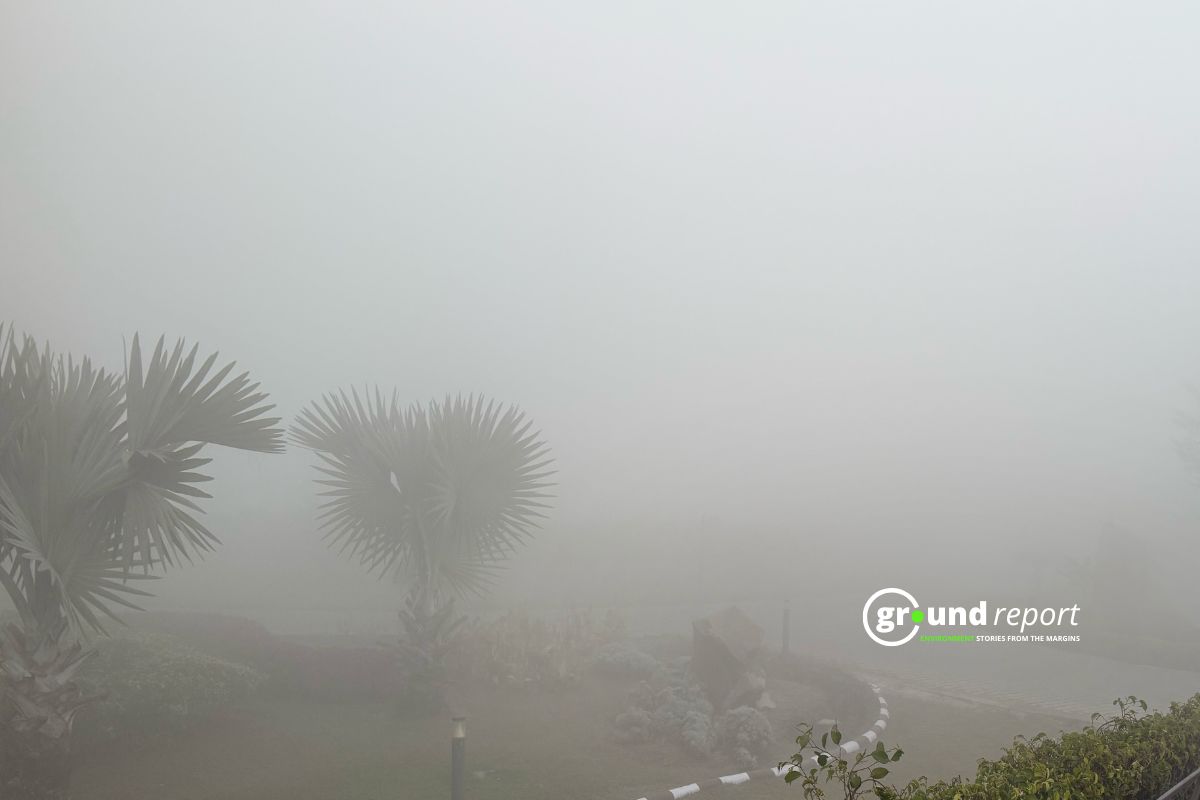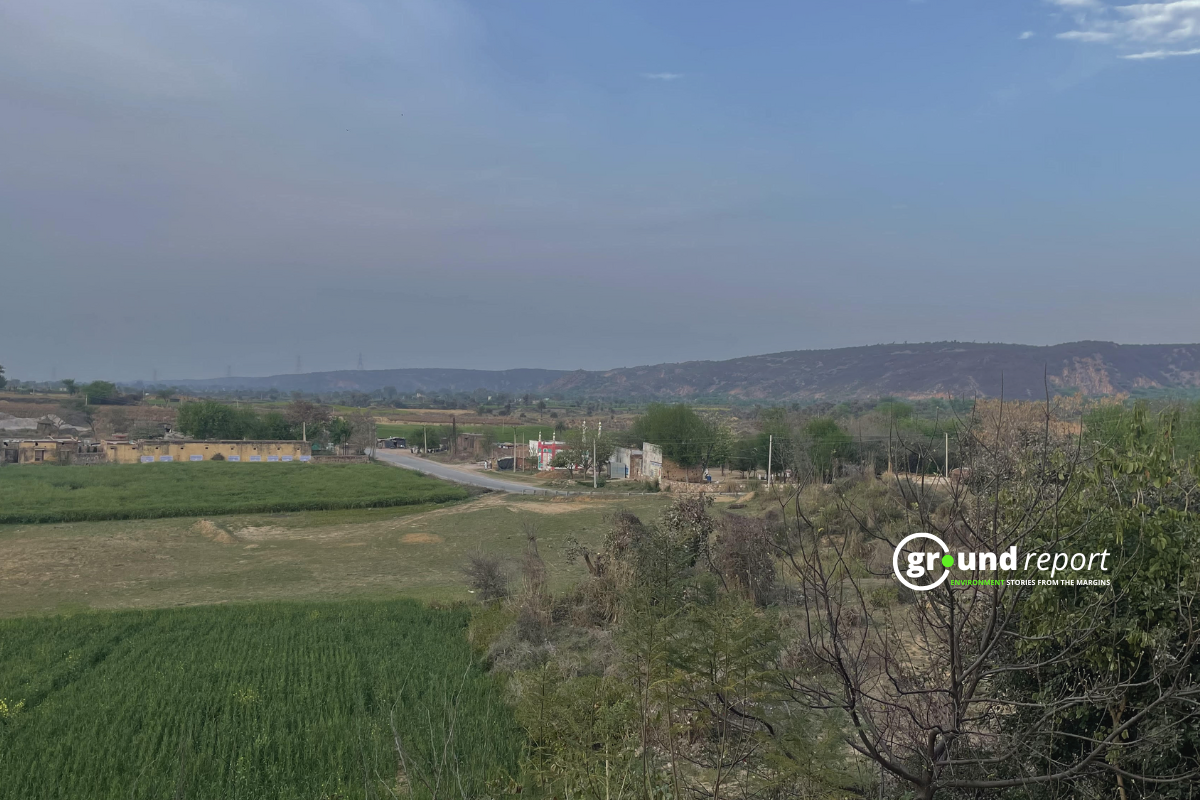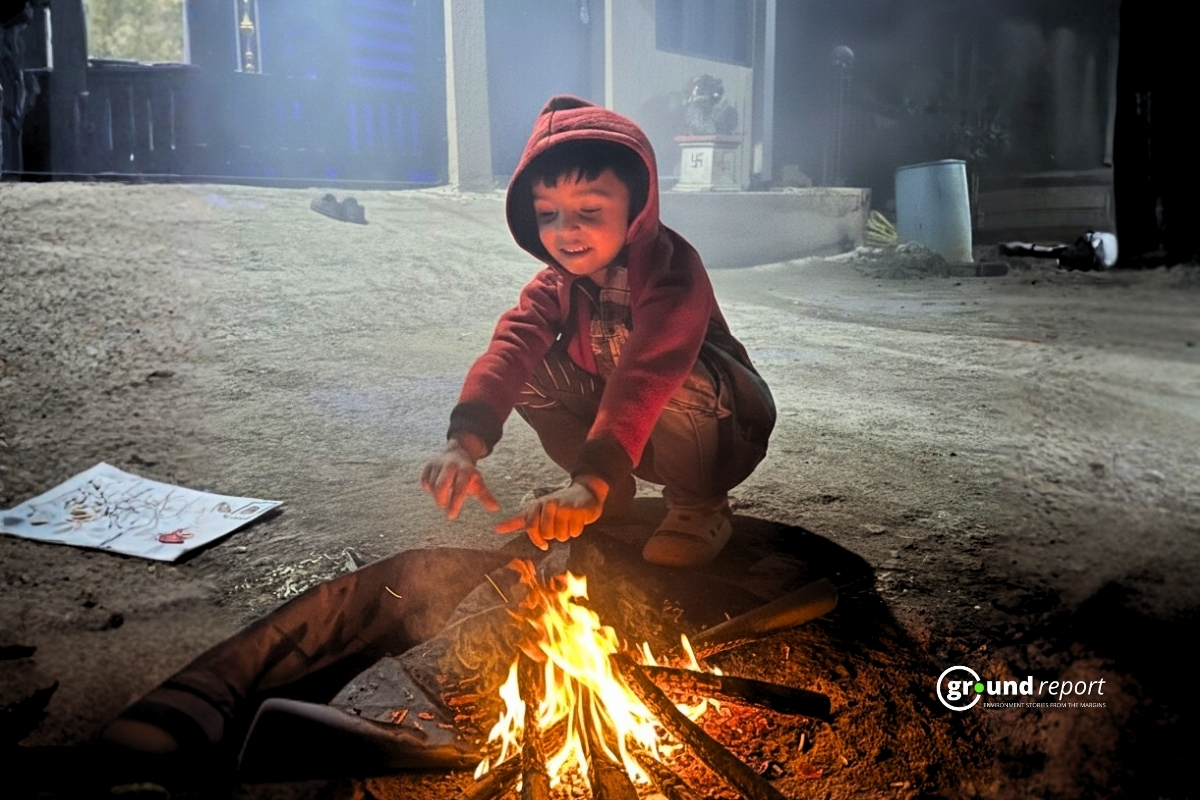In Salal, a quiet village in Jammu’s Reasi district, lithium has changed everything. Once known for farming and peaceful routines, Salal now hosts trucks, drilling machines, and visiting officials. The Geological Survey of India found lithium deposits here in 2023. Since then, mining experts, media, and government teams keep coming. Villagers say they feel like outsiders on their own land.
Around 90% of people in Salal depend on farming and livestock. They grow maize, vegetables, and mustard, mostly for their own use. Water is scarce. The soil is rocky. Yet, they continue to work their fields. Now, these same fields are being drilled. Machines dig deep into the land. Tankers bring water for the process. But the villagers don’t know what the officials are doing. No one explains anything.
Ramchand, a 78-year-old farmer, fears he may lose his home again. He was first displaced in the 1980s for the Salal Dam project. Back then, his family gave up fertile land. The promised compensation never helped them recover. Today, the same fear returns. “They want to move us again,” he says. “But where will we go?”
Mila Kumari, who has lived in Salal for 38 years, struggles with farming. She says rainfall has dropped, and irrigation is almost non-existent. Her daughter dreams of becoming a doctor, but there’s no college nearby. Salal still lacks basic health and education services. Yet, after lithium was found, the village appeared on Google Maps. Not for its people—but for the metal.
Drilling disturbs the village’s rhythm. Birds no longer sing in the mornings. Instead, machines make the loudest sound. Young people sit outside shops, talking about what will happen next. They are proud of their land but unsure of their future.
The government tried to auction the lithium reserves to private companies in late 2023. Bidding failed at first, but companies like JSW and Hindalco have shown interest. Villagers worry that mining will take more than just land. It may pollute water, destroy soil, and erase a way of life.
They ask simple questions: Will we have a place to live? Will our crops survive? Will we be heard?
In 2025, Salal stands at a turning point. It is no longer just a village. It is the face of a country’s energy plan. And its people, once again, are being asked to move.
Support us to keep independent environmental journalism alive in India.
More Video Reports
Mahseer saviors struggle as conservation funds dry up
Sexed Semen: Madhya Pradesh determining calf’s gender
Biaora battles severe sanitation issues, residents demand action
Fertilizer shortage disrupts rabi sowing for Madhya Pradesh farmers
Follow Ground Report on X, Instagram and Facebook for environmental and underreported stories from the margins. Give us feedback on our email id greport2018@gmail.com.
Don’t forget to Subscribe to our weekly newsletter, Join our community on WhatsApp, and Follow our YouTube Channel for video stories

